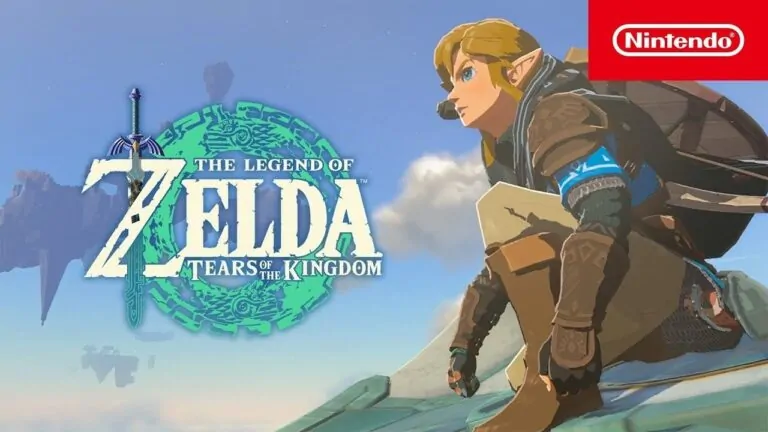
Embracing Your Emotions: Glaiza de Castro's Women's Month Wisdom on
- The article discusses the latest trends in fashion and beauty
- It emphasizes the importance of self-expression through personal style
- It highlights the impact of social media on shaping beauty standards
- It mentions the rise of sustainable and ethical fashion choices
- It includes tips for incorporating these trends into everyday life
Fashion and beauty have always been intertwined, with trends in clothing often influencing the way we perceive beauty and vice versa. In recent years, the fashion and beauty industries have seen a significant shift towards more inclusive and diverse representations of beauty. This shift has been driven by a growing awareness of the importance of representation and diversity in the media, as well as changing attitudes towards beauty standards.
One of the most notable trends in the fashion and beauty industries in recent years has been the rise of body positivity and the celebration of diverse body types. This shift has been driven by a push for more realistic representations of beauty in the media, as well as the rise of social media influencers who challenge traditional beauty standards. More and more brands are now featuring models of all shapes and sizes in their campaigns, and the fashion industry is slowly beginning to embrace a more inclusive approach to beauty.
Another important trend in the fashion and beauty industries is the increasing focus on sustainability and ethical practices. As consumers become more aware of the environmental impact of fast fashion and beauty products, there has been a growing demand for sustainable and ethically-produced clothing and beauty products. Many brands are now making efforts to reduce their carbon footprint and improve their supply chain transparency, in response to this shift in consumer attitudes.
In the Philippines, the fashion and beauty industries are also experiencing these trends towards inclusivity and sustainability. Local designers and beauty brands are beginning to embrace a more diverse range of models and influencers, and there is a growing awareness of the importance of sustainability in the production of clothing and beauty products. Filipino consumers are becoming more conscious of the impact of their purchasing decisions on the environment, and are increasingly seeking out brands that prioritize ethical practices.
One example of a Filipino brand that has been leading the way in promoting inclusivity and diversity in the fashion industry is Bench. The popular clothing brand has featured models of all shapes, sizes, and backgrounds in their campaigns, and has been praised for its commitment to showcasing the beauty of all Filipinos. Bench has also made efforts to promote sustainability in its production processes, by using eco-friendly materials and implementing ethical labor practices.
In the beauty industry, Filipino brands like Human Nature have been at the forefront of the movement towards sustainability and ethical practices. The natural and organic beauty brand has gained a loyal following for its commitment to using ethically-sourced ingredients and supporting local communities. Human Nature has also been vocal about its support for body positivity and diversity, featuring models of all skin tones and backgrounds in their advertising campaigns.
Overall, the fashion and beauty industries in the Philippines are moving towards a more inclusive and sustainable future. As awareness of the importance of representation and diversity grows, Filipino brands are beginning to embrace a more diverse range of models and influencers, and are making efforts to promote sustainability and ethical practices in their production processes. With consumers becoming more conscious of the impact of their purchasing decisions, it is likely that these trends towards inclusivity and sustainability will continue to shape the future of the fashion and beauty industries in the Philippines.
/Digital Sauce




